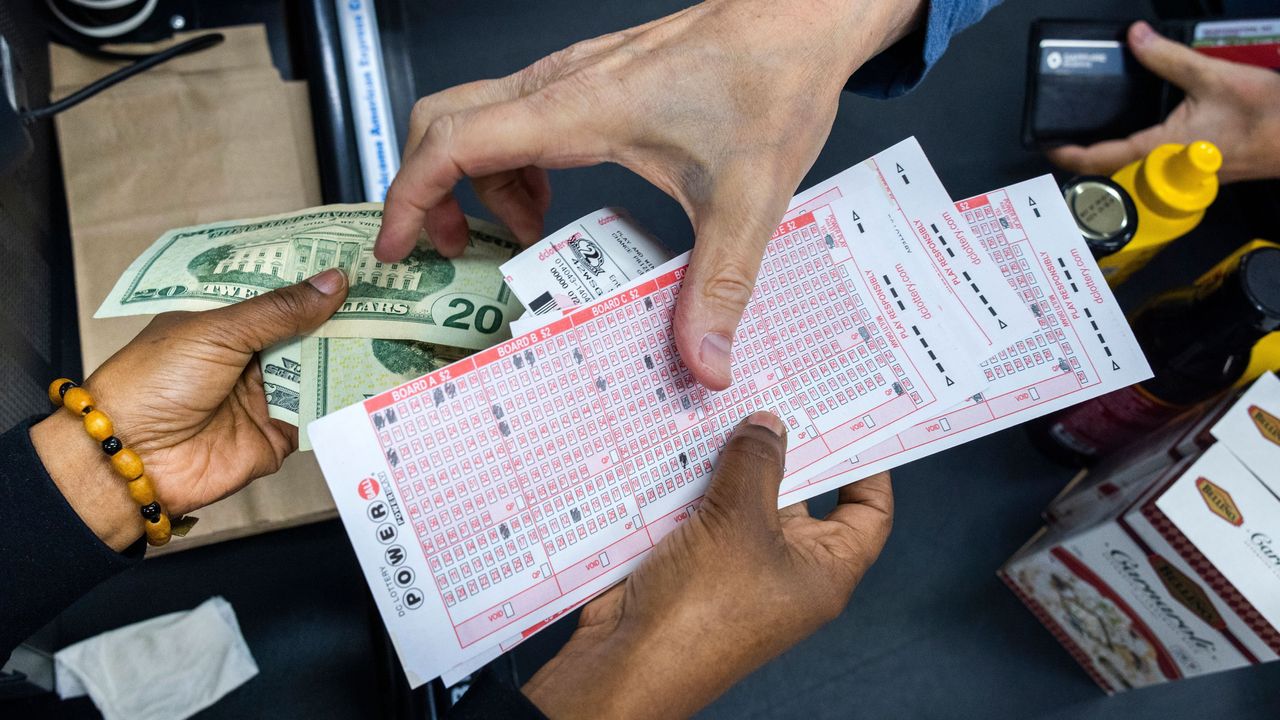
The Complex Allure of Lottery Gambling: Luck, Risk, and the Human Psyche
Lotteries have long held a unique place in the realm of gambling. Unlike other forms of gambling, where skill or strategy can influence outcomes, the lottery is a pure game of chance. It offers participants the tantalizing prospect of turning a small investment into an enormous windfall with just the stroke of luck situs koitoto. This unique aspect of the lottery makes it a fascinating subject of study and debate.
The Appeal of the Lottery
Lotteries are ubiquitous across the globe, taking various forms from national lotteries to regional or even local draws. What accounts for their enduring popularity? The answer lies partly in the simplicity and accessibility of the game. Anyone of legal age can purchase a ticket and participate, making it one of the most inclusive forms of gambling.
Moreover, the lottery taps into fundamental human emotions and desires. The dream of striking it rich overnight is a powerful one, often fueled by stories of lottery winners who have transformed their lives with a single ticket. This dream, however slim the odds, continues to draw millions of players who are willing to suspend their disbelief in favor of that one-in-a-million chance.
The Psychology Behind Lottery Gambling
Psychologically, lotteries provide a unique blend of hope and uncertainty. The purchase of a ticket becomes not just a financial transaction, but an emotional investment. Each ticket represents a tiny stake in a grand, collective fantasy shared by countless others: the dream of wealth without effort.
For some, playing the lottery becomes a ritual, a regular act of defiance against the mundane and the predictable. It offers a brief reprieve from the routine, allowing players to indulge in a daydream of what they would do if fortune were to smile upon them. The anticipation of a draw and the imagining of a life changed in an instant provide a rush of adrenaline that, for many, is worth the price of admission.
The Dark Side of the Dream
However, lottery gambling is not without its critics. Some argue that lotteries disproportionately affect low-income individuals, who may see it as a desperate measure to escape poverty. The promise of a life-changing jackpot can lead to excessive spending on tickets, potentially exacerbating financial hardship rather than alleviating it.
Moreover, the very randomness of the lottery can lead to addictive behavior in some individuals. The intermittent reinforcement of occasionally winning even a small prize can keep players coming back, hoping that the next ticket will be the big winner. This can create a cycle of dependency that is difficult to break.
Regulation and Responsibility
Recognizing these risks, many governments impose regulations on lottery operations. These may include age restrictions, limits on the amount of money that can be spent on tickets, and requirements for responsible gambling messaging. Some jurisdictions also allocate a portion of lottery proceeds to social programs, such as education or healthcare, which can mitigate some of the negative impacts of gambling.